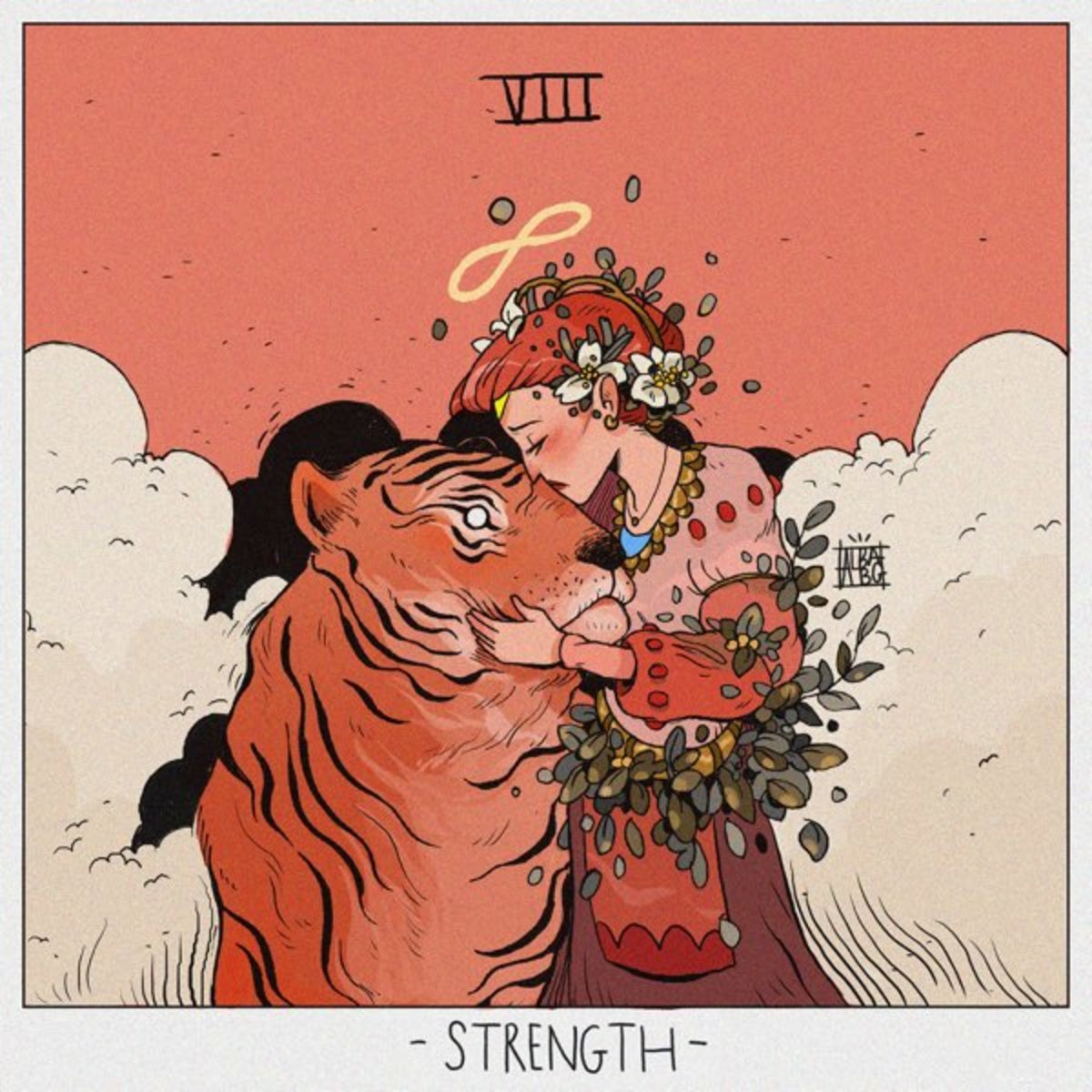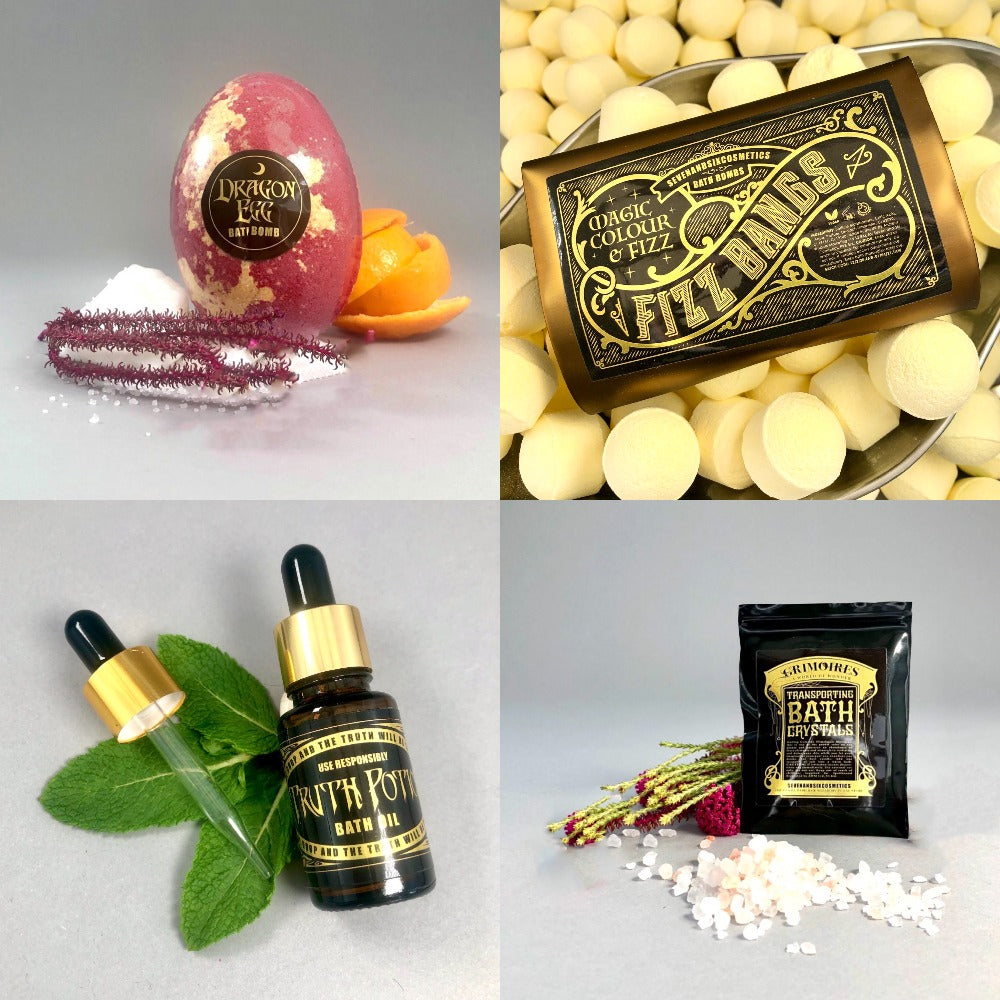
The World (XXI) is the 21st trump card and the final card in the Major Arcana sequence. It is the future and the globe. It stands for global cooperation and understanding. It is a symbol of a world full both of opportunities and problems. Although the World is sometimes regarded as a "bad" card, it actually holds a positive message.
Meaning
The World is the 21st card in the Major Arcana deck. This is the final card in the sequence. It represents the entire world.

Interpretation
The World (XXI), which is 21st among the trumps cards, and the last card within the Major Arcana sequence, is called the World. It is often considered a symbol of progress and change. It is also the universalest of all cards.
Significance
The World tarot deck is a good choice if you want to accomplish something in your life. Its meanings could be anything, from fulfillment of a long-held desire to success in a new partnership. It can also indicate that things are finally coming together. Now it's your turn to reap the fruits of your hardwork.
Symbolism
The World card is one the more positive cards of the tarot deck. The World card is the final card of the major arcana and can be a sign of a successful completion. However, this card can also represent the need to move forward. You can appreciate your accomplishments, and recognize the need for change by understanding the meaning. Symbolism of the World tarot cards means that you must be aware about your current situation in order to make a move with confidence.

Inverse meaning
The reverse meaning of the World card in the Tarot can tell you that the path you're on isn't easy. Even if you have the best intentions, outside influences could hinder your progress. Your past insecurity, or other difficulties may make it difficult for you to reach your goals. Alternatively, the card can indicate a failure.
FAQ
Is it possible that you can make a lot of money from your hobby?
Not necessarily.
However, it is possible to become wealthy by starting a business around your hobby.
Let's suppose you enjoy cooking. You love healthy food, so it was a natural decision to open your own restaurant.
Customers are charged a small fee for organic food made from scratch.
As you build your clientele, you eventually hire employees to help you.
You will eventually be able to expand your menu with vegan options and gluten-free choices, as well as desserts.
You've now created a profitable business that allows you to live the life you desire.
But, it doesn't mean your day job must be abandoned.
Instead, you could simply run your restaurant while still holding down your regular 9-5 position.
How can I find a hobby for myself?
It can feel overwhelming to start your search for a hobby when you first begin.
You're probably thinking, "I'm not very artistic," or "I'm terrible at sports," or maybe even "I don't know anything."
You probably have plenty of experience and knowledge to use when you are looking for hobbies.
It's just that you haven't realized it yet.
Take a look around your house. Do you have a lot of stuff?
Do you have any old toys lying around that could be used?
You might have a collection.
You might have always wanted the ability to cook.
Perhaps you just want to pick up the guitar again.
Whatever it is you're interested in, you can make it a hobby.
The secret is to remember that you already have plenty to draw on.
Once you do that, you can choose a hobby to fit your life.
What are some great hobbies for seniors?
Senior citizens need to find things they like doing. Senior citizens should keep active through participation in physical and sports activities.
They might want to join clubs where they can meet people who share similar interests. This way, they'll feel less lonely as they age.
Seniors should also keep up with the latest trends. For example they could keep up to date with fashion, art music, literature, politics, and so forth.
What are good hobby ideas?
Your favorite hobbies are ones you enjoy. If you love what you do then you'll find it much easier to keep going. You'll also have an excuse when you're not feeling well or tired!
Our hobbies include painting, crafts, photography and cooking.
You might also consider volunteering at a local charity shop or animal shelter, children’s hospital, hospice, elderly home, school, community centre, church, and other places.
Suppose you're looking for something more adventurous. Try scuba diving, rock climbing or parasailing.
There are many unique ways to spend time in the outdoors, whether you're looking for adventure or a more traditional way to do it. These include caving and cave tubing.
What are observation hobbies?
Observation hobbies are those activities that allow you to watch others do what they do. They might include watching sports, reading books, going on holiday, etc. You could also observe other people.
Because they teach you how to think creatively, observation hobbies are great. You can draw on this knowledge later, when you work on projects for others.
You'll find that if you're interested in something, then you'll have an easier time learning about it.
For example, if you want to know more about football, you may watch a game or read a book about it. Exhibitions are a great way to learn about photography.
If you love to play music, there are two options: either buy a new guitar online or follow along with the songs.
You could also choose to cook at home or go to restaurants if you are a good cook.
If gardening interests you, you could plant vegetables or flowers.
If you are a fan of dancing, you can join a class or go out with your friends to learn.
You can paint pictures if your passion is painting.
Write poetry and stories if that is what you love to do.
You could also draw pictures if you enjoy drawing.
If you're passionate about animals you might consider working at a Zoo or looking after their pets.
If you like science, you could study biology, chemistry, physics or maths.
If history is your passion, you can either read books or watch films. Or you could listen to podcasts.
You can travel abroad or explore your home area if you love to travel.
Statistics
- Much of this decline reflects the fact that teens are less likely to work today than in the past; among employed teens, the amount of time spent working is not much different now than it was around 2005. (pewresearch.org)
- In comparison, men in the “no humor” condition were refused 84.6% of the time and were only accepted 15.4% of the time. (time.com)
- I am 100% biologically a woman (discover.hubpages.com)
- Almost 80% of people claim to have no hobby. (hobbylark.com)
- Studies show that just six minutes of reading can reduce stress levels by 60 percent. (oberlo.com)
External Links
How To
How to get started gardening
Gardening is one form of agriculture that dates back to the beginning. It takes patience, persistence, determination, and perseverance. The first step to starting a garden is to pick a spot where you will grow food. You could choose to plant food on a large parcel of land, or in your own backyard. Next, select the kind of plants that are most appealing to you. Do you prefer vegetables or flowers? Some people love to grow herbs, while others enjoy raising animals like rabbits. You should consider how much space you have available before deciding what types of crops you plan to plant. If your climate is cold, you may decide to plant berries and fruits.
After you have decided what you want to plant, it is important that you prepare the soil. The soil is crucial in determining whether your plants thrive or not. High quality soil is rich in organic matter, which feeds your plants' roots. Organic matter is made up of leaves, twigs grass clippings, manure and compost. Once you have prepared your soil, you need to add nutrients. You may need different amounts depending on what type of plants you are trying to grow. Online fertilizer calculators can be used to determine these values. There are many fertilizers available so be sure to know what you are purchasing.
Now, wait for your seeds to germinate after you have prepared your soil and added the necessary nutrients. This can take anywhere from two weeks to three months depending on where you live and how warm it is. After your seeds sprout, it is important to water them frequently. Overwatering your plants can lead to problems. Avoid overwatering your plants. Overwatering your plants can lead to root disease and fungal infections. Consider that plants generally need less water in the warmer months than they do in winter. Also, remember that certain plants need to dry out after watered. For example tomatoes should be kept slightly moist and not wet. They don't like to sit in soggy soil. After the flowers have stopped, they must go into dormancy. Dormancy occurs when plants stop producing any new growth and start to store energy for the next harvest. Dormancy occurs when the plant stops sending signals that tell its roots to produce food. Throughout this period, the plant stores energy. If temperatures fall below freezing or the plants are not getting enough sunlight, they will die.
Living in urban areas may restrict the types of plants you can plant. Concrete sidewalks, roads or parking lots can block sunlight from reaching urban areas. Concrete absorbs light and prevents soil below from getting sufficient sun exposure. Many plants are unable to survive in urban areas due to the lack of sunlight. There are many plants that can survive in urban environments. Many trees, shrubs, perennials, and other plants can adapt to urban life. Many annuals can also grow indoors in pots. You can grow fresh greenery year-round in containers.
You're now ready to plant after you have chosen where and what to grow in your garden.